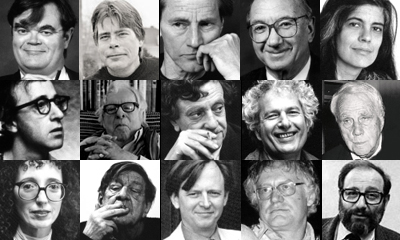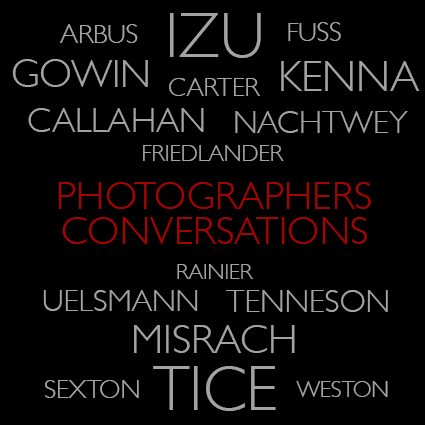
“Founded in Paris by Harold L. Humes, Peter Matthiessen, and George Plimpton in 1953, The Paris Review began with a simple editorial mission: “Dear reader,” William Styron wrote in a letter in the inaugural issue, “The Paris Review hopes to emphasize creative work—fiction and poetry—not to the exclusion of criticism, but with the aim in mind of merely removing criticism from the dominating place it holds in most literary magazines and putting it pretty much where it belongs, i.e., somewhere near the back of the book. I think The Paris Review should welcome these people into its pages: the good writers and good poets, the non-drumbeaters and non-axe-grinders. So long as they’re good.”
In addition to the focus on original creative work, the founding editors found another alternative to criticism—letting the authors talk about their work themselves. The Review’s Writers at Work interview series offers authors a rare opportunity to discuss their life and art at length; they have responded with some of the most revealing self-portraits in literature. Among the interviewees are William Faulkner, Vladimir Nabokov, Joan Didion, Seamus Heaney, Ian McEwan, and Lorrie Moore. In the words of one critic, it is “one of the single most persistent acts of cultural conservation in the history of the world.”
Bookmark this fantastic resource. You’ll return again and again.
Read The Paris Review interviews here.
Read my conversations with photographers here.




